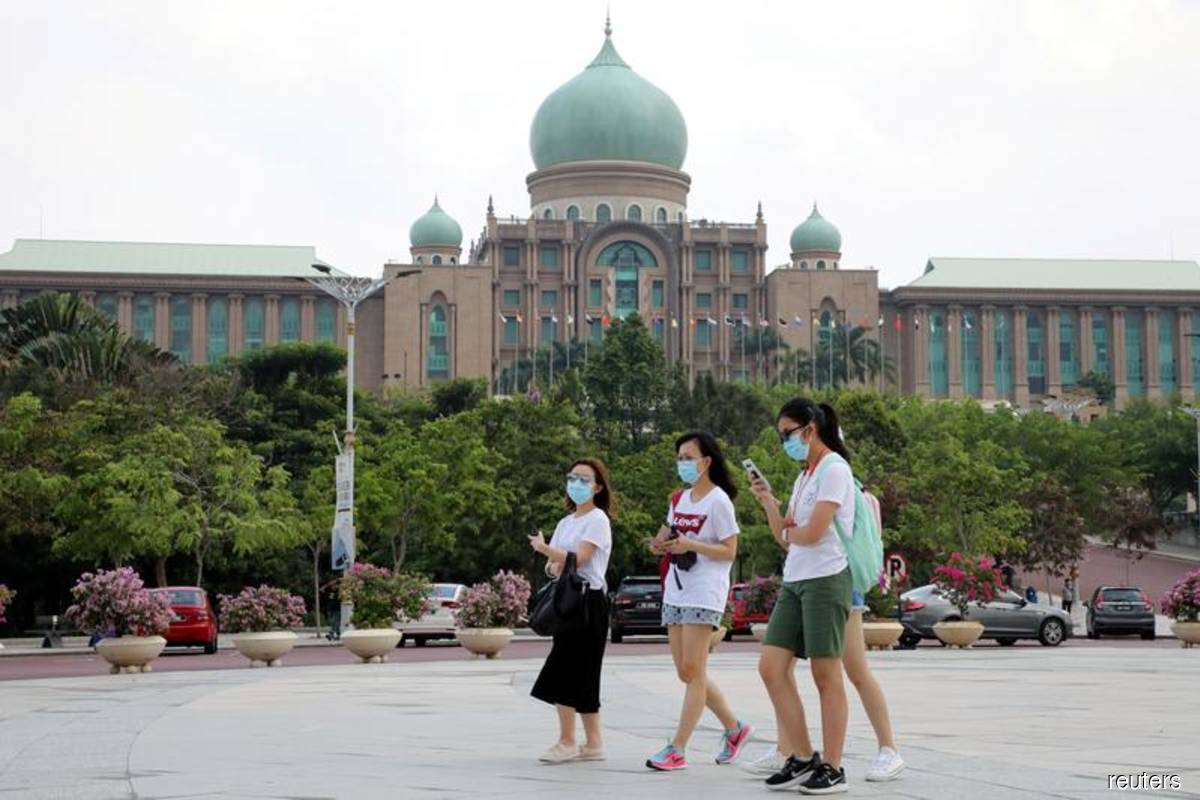UOB: Resumption of China’s outbound travels may boost Malaysia’s GDP by one percentage point
The effect of stronger tourism activity in Malaysia as China reopened its borders is expected to boost Malaysia’s gross domestic product (GDP) by at least one percentage point, according to UOB Global Economics & Markets Research.
根据大华银行全球经济与市场研究部的数据,随着中国重新开放边境,马来西亚旅游活动增强的影响预计将使马来西亚的国内生产总值(GDP)提高至少一个百分点。
In a research note released on 3rd February, it said the expected boost further supports the firm’s forecast of Malaysia’s baseline GDP growth at 4% for 2023.
它在2 月 3 日发布的一份研究报告中表示,预期的提振进一步支持了该公司对马来西亚 2023 年 4% GDP 基准增长率的预测。
China opened its borders sooner than expected on 8th January to allow foreign travellers to enter and Chinese residents to travel abroad with no quarantine restrictions.
中国于 1 月 8 日比预期更早地开放了边境,允许外国游客入境和中国居民出国旅行,不受检疫限制。
“China visitors to Malaysia were only 100,000 (1.9% share) in the first nine months of 2022 (versus 3.1 million or 11.9% share in 2019), with its ranking dropping to sixth last year from third in pre-pandemic 2019,” said UOB economists Julia Goh and Loke Siew Ting.
“2022 年前九个月,到马来西亚的中国游客只有 100,000 人次(占 1.9%)(2019 年为 310 万或占 11.9%),其排名从 2019 年大流行前的第三位降至去年的第六位,”大华银行经济学家 Julia Goh 和 Loke Siew Ting指出。
“Hence, based on past and current trends, the room to grow and recover is significant with positive effects on consumption of goods and services (including shopping, retail trade, and travel agencies), accommodation, passenger transport, and food and beverages sub-sectors.”
“因此,根据过去和现在的趋势,增长和复苏的空间很大,对商品和服务的消费(包括购物、零售贸易和旅行社)、住宿、客运、餐饮细分行业产生积极影响。”
Nonetheless, they cautioned that there is a challenge in balancing the impact on inflation as China’s reopening and surge in demand may put upward pressure on prices of energy and other related goods and services.
尽管如此,他们警告称,平衡对通胀的影响存在挑战,因为中国重新开放和需求激增可能会给能源和其他相关商品和服务的价格带来上行压力。
Goh and Loke said tourism-related services components including transport services, entertainment, recreation and cultural services, package tours, and accommodation services account for 4.4% of Malaysia’s overall consumer price index (CPI) weight.
Goh和Loke表示,与旅游相关的服务组成部分,包括交通服务、娱乐、休闲和文化服务、旅行团和住宿服务,占马来西亚整体消费物价指数(CPI)权重的4.4%。
“This implies that every 10% increase in the prices of tourism-related services could directly add 0.4% to Malaysia’s headline inflation (versus our baseline forecast of 2.8% for 2023)," they said.
“这意味着与旅游相关的服务价格每上涨 10%,可能会直接使马来西亚的总体通胀增加 0.4%(而我们对 2023 年的基准预测为 2.8%),”他们说。
“Noteworthy that we did not include the effect on prices of food and beverage as well as restaurant services due to its sizeable CPI weight that could overinflate the estimate. However, we do see potential upside risk given that it is the third largest expenditure item for tourists in Malaysia."
“值得注意的是,我们没有包括对食品和饮料以及餐厅服务价格的影响,因为其相当大的 CPI 权重可能会夸大估计值。然而,鉴于它是马来西亚游客的第三大支出项目,我们确实看到了潜在的上行风险。”
Goh and Loke said to mitigate these downside risks and sustain the tourism recovery will require consistent and stable reopening of countries and borders, minimal quarantine restrictions and requirements and affordable travel.
Goh 和 Loke 表示,要减轻这些下行风险并维持旅游业的复苏,将需要持续稳定地重新开放国家和边境、最低限度的检疫限制和要求以及负担得起的旅行。
They also indicated the requirement of improved travel connectivity, visa facilitation, processing of passports, build-up of capacity, technology improvements and e-payment facilities, as well as better safety and security.
他们还表示需要改善旅行连通性、签证便利化、护照处理、能力建设、技术改进和电子支付设施,以及更好的安全保障。
Overall, tourism’s contribution to Malaysia’s GDP was 6.8% in 2019 and 6.5% in 2018, higher than the average level of 4.4% in Asia Pacific, according to UOB.
根据大华银行的数据,总体而言,旅游业对马来西亚 GDP 的贡献在 2019 年和 2018 年分别为 6.8% 和 6.5%,高于亚太地区 4.4% 的平均水平。

